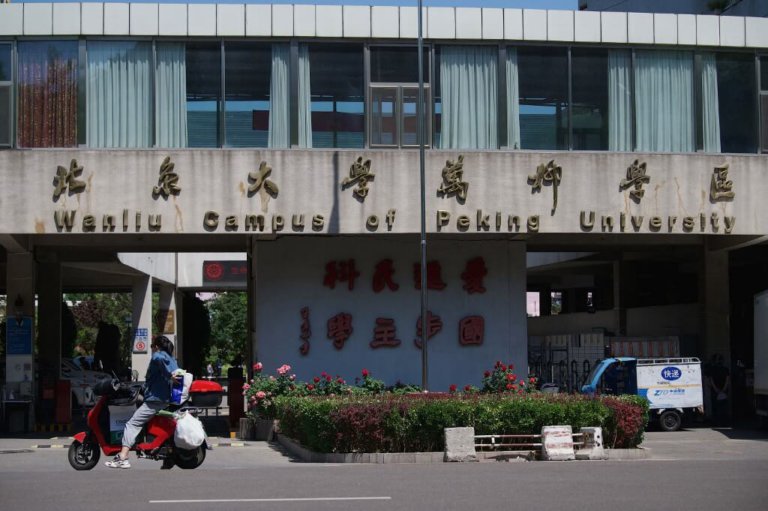
Over the last few years, Asia’s best universities rankings are looking more like global best universities rankings.
Instead of the usual universities from the US, UK, Canada and Australia, there are more Asian universities and their positions are rising in the QS World University Rankings.
In the latest edition, China is now home to two of the world’s top 15 unis: Peking University (12th) and Tsinghua University (14th).
Singapore is home to one of the fastest-growing universities in the world, the National University of Singapore. Peking University in Beijing, China, is a fierce competitor in this regard, as well.
The literacy rate in Asia has risen over the years, and many Asian students are consistently scoring well in international examinations.
This is a result of an excellent education system that can be seen in many Asian countries, including Japan, South Korea, China, Singapore and Malaysia.
All these factors must mean Asia’s best universities rankings are a true reflection of how good a uni is for us right?
The answer is complicated.
Asia’s best universities rankings: Why you should not trust them wholly

Over the last few years, China’s universities are performing better with each year in Asia’s best universities rankings. Source: Noel Celis / AFP
Asia’s best universities ranking, according to who?
Apart from QS World University Rankings, other popular ranking systems include Times Higher Education.
Under the Asia University Rankings, it considered 760 institutions across East and Southeast Asia including Malaysia, Singapore, Mainland China and South Korea.
It assessed the student population, graduate employability, student satisfaction and even how much research is produced.
While these are good indicators, these stats do not paint a full picture. A uni’s performance in rankings isn’t a 100% representation of what it’s like to study there.
QS has a methodology that measures 11 indicators divided into six categories: academic reputation, employer reputation, faculty-student ratio, citations per faculty, international faculty ratio, and international student ratio.
Times Higher Education has a wider scope, measuring 13 performance indicators grouped into five areas: teaching, research, citations, international outlook and industry income.
On the surface, such methodologies serve to ensure universities maintain a high standard of research, teaching, and student demographics.
But such high standards and prestige don’t mean all students become successful graduates.
There are many low-ranking universities with graduates that do just as well, if not better.
Let’s take for example Giddens Ko, a Taiwanese novelist and filmmaker.
He earned his Bachelor of Science in Management from National Chiao Tung University and Master of Social Science from Tunghai University.
Both unis are not in the top 10 or even top 50. In THE’s Asia’s best universities rankings, the former is ranked #90, while the latter is ranked #500 and above.
Yet, Ko has published more than 60 books, many of which have been adapted as films.

Award-winning filmmaker Giddens Ko did not graduate from universities at the top of Asia’s best universities rankings.Source: Sam Yeh/AFP
Do Asia’s best universities rankings matter?
Each ranking uses different criteria to assess universities and this accounts for the very different results each ranking provides. Some universities do well in one and poorly in another.
Peking University ranked first in this year’s QS Asia University Rankings, but ranks fourth in US News and World Report under Best Global Universities in Asia.
Plus, higher rankings do not always translate to a better quality of education. It may be the case that an institution is more focused on its research and citation output.
In this, they may forgo other factors that contribute to student satisfaction.
These include limiting contact hours, and imposing more hours of self-study — all to reach an outcome that will place them higher on the ranking scale.
At the end of the day, going to the most expensive or the most prestigious university doesn’t always translate to a good education or a great experience.
As an international student, it’s wise to do your research and stick to the uni that best suits your goals and one where you can see yourself fulfilled for your entire degree.







